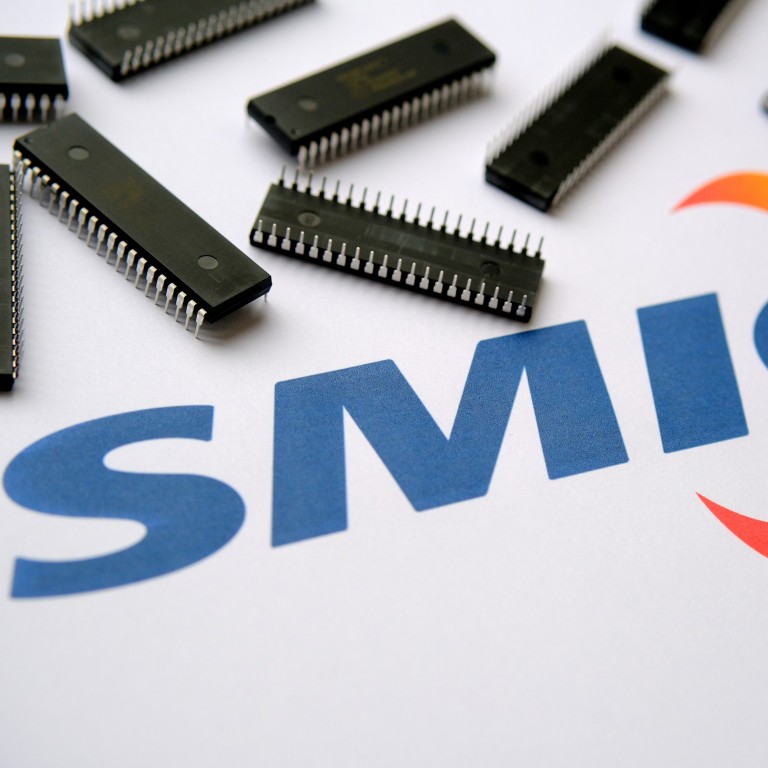
China will ‘vigorously support’ semiconductor industry, IT ministry head says, as country seeks self-sufficiency in chip-making
- The head of the Ministry of Industry and Information Technology said China’s semiconductor industry grew three times faster in 2020 than global peers
- The minister also acknowledged geopolitical challenges and addressed a new law regulating rare earths, important elements for chips
The Chinese government will “vigorously support” its semiconductor industry, the head of China’s Ministry of Industry and Information Technology (MIIT) said on Monday, as the country pushes for self-sufficiency in chip-making amid a global shortage of components.
The semiconductor industry is “the cornerstone of the information society”, MIIT head Xiao Yaqing said at a press conference, and it will enjoy a “market-oriented and international business environment under the rule of law”.
Xiao showcased some achievements of the domestic semiconductor industry at the conference, but he warned that challenges remain. Industry revenue grew 20 per cent in 2020, three times faster than global peers, he said, while also calling for more international collaboration.
China’s chip dreams face reality check with Biden’s united front approach
The situation may not improve under US President Joe Biden’s administration. The US is in preliminary conversations to form alliances to stay ahead of China in cutting-edge technologies, including semiconductors and artificial intelligence, according to a report from The Wall Street Journal on Sunday
China remains the world’s top manufacturer for the 11th year in a row, making up 30 per cent of the global market, Xiao said. The value added of China’s manufacturing industry rose 33 per cent in 2020 to 31.3 trillion yuan (US$4.8 trillion), he added.
China’s ‘mercantilist’ semiconductor policy hurts US innovation, report says
Xiao said China, which had more than 718,000 5G stations by the end of 2020, is “pushing forward with 5G network construction in a well-organised manner”, while “accelerating the planning of a 6G network”.
He also said China will ease restrictions on foreign capital in the domestic telecoms industry.
In January, Beijing drafted a new law on rare earths, which is expected to be implemented as early as this year. The law prohibits the purchase and sale of rare-earth products that are determined to have been exploited and extracted illegally, giving Beijing more control over the supply of such materials. Rare earths have become vital elements for the development of major economies.
Xiao said that the goal of the new law is to aid the “healthy and sustainable” development of the industry while solving problems such as environmental degradation and pricing, which he called too low because of “vicious competition”.

